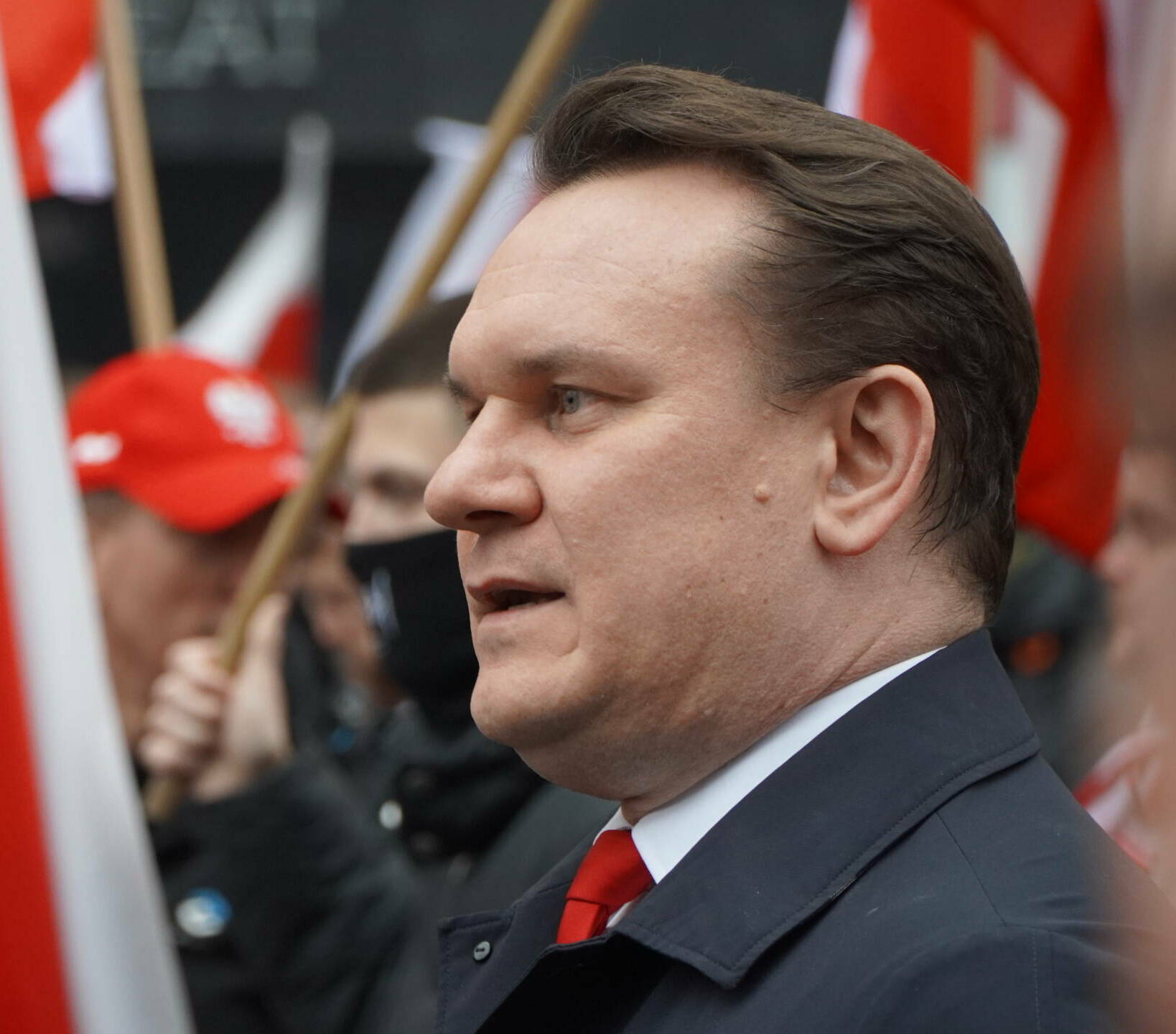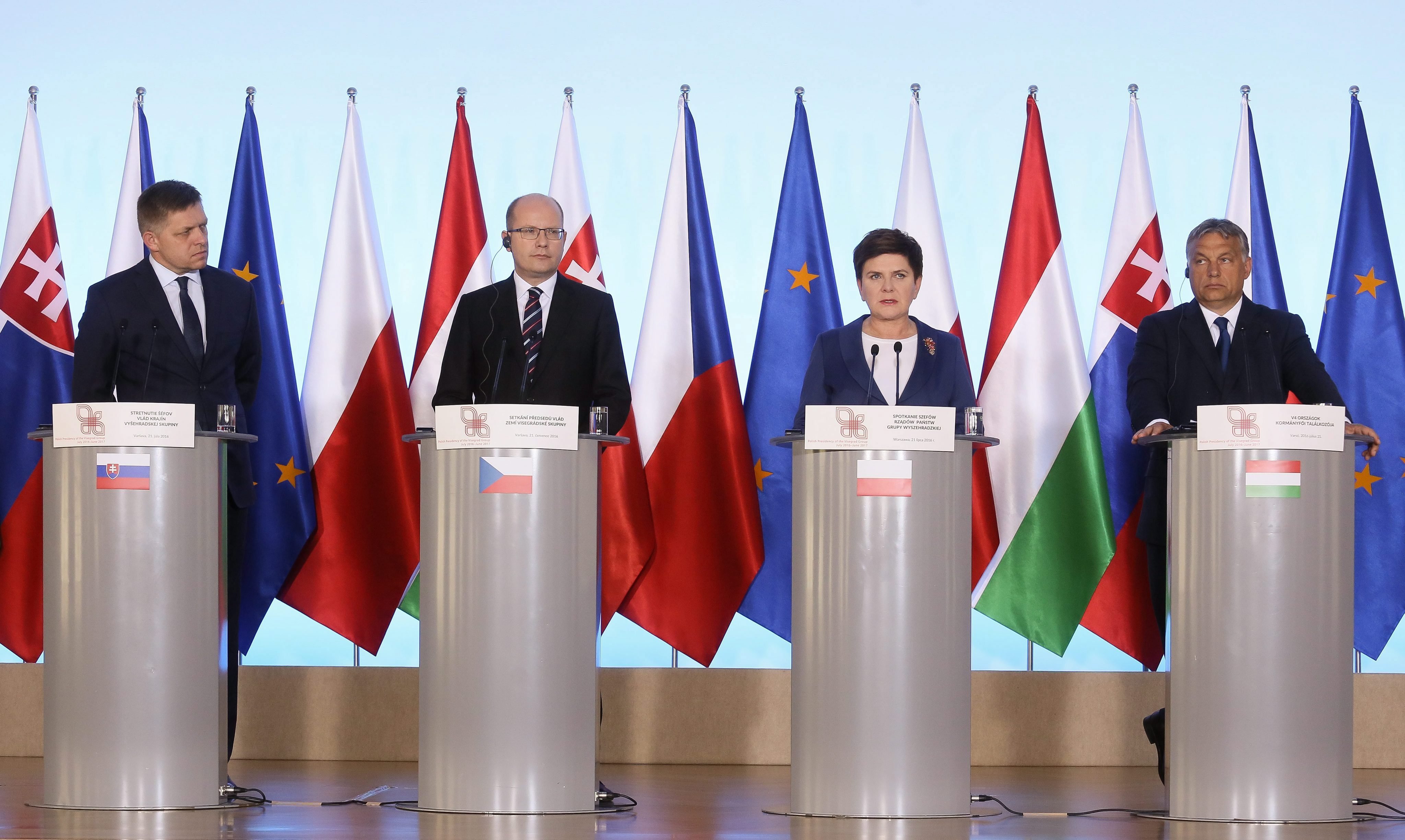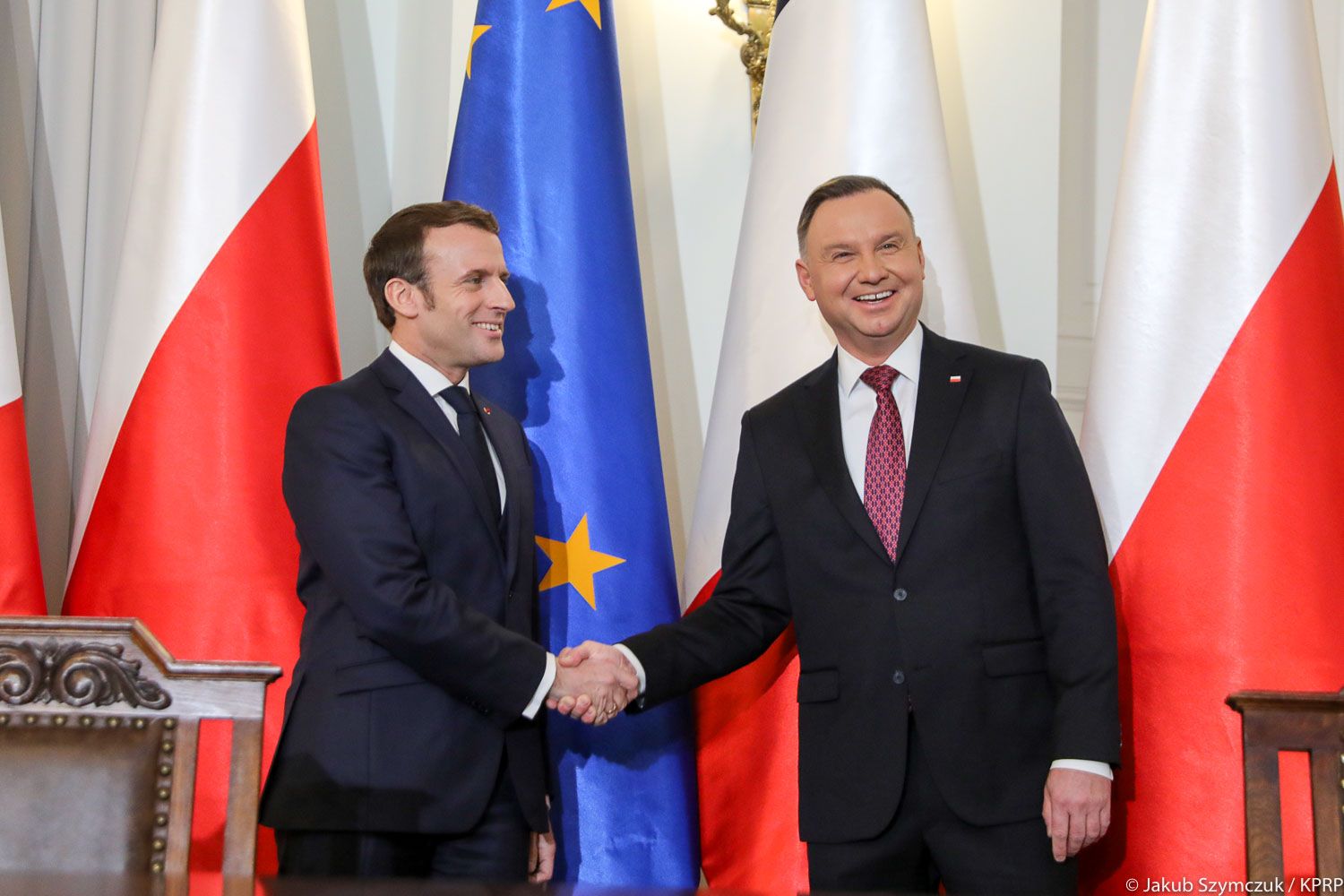OPINION
—
In an attempt to compensate for the Russian Army’s poor performance on the battlefield, Russia decided to escalate the war in Ukraine on October 10th, 2022, by launching its first wave of missile and drone strikes targeting Ukraine’s heat, power and telecommunication grids. On December 12th, the Russians launched their 7th wave of aerial attacks, which left the city of Odesa in a particularly difficult position. Apart from trying to disrupt Ukraine’s military operations and stirring up panic among the Ukrainian public, the Russian missile strikes on critical infrastructure are also aimed at convincing as many civilian Ukrainians as possible to flee the country ahead of what will without doubt be a long and difficult winter.
The head of the Ukrainian presidential office, Andriy Yermak, has gone as far as in calling the Russian strategy an attempt of ‘Kholodomor’ (genocide by freezing to death).
The Russians hope that their missile strikes will force millions of Ukrainians, to flee to the West and that the arrival of these migrants will be the straw to break the camel’s back. Energy prices have risen significantly following the Russian invasion, with large parts of the Western world struggling with inflation and the threat of a recession.
Putin hopes that a situation in which European taxpayers will have to cover the expenses for millions of new Ukrainian refugees will crack Europe’s willingness to continue providing Ukraine with humanitarian, financial, and most importantly, military aid.
Handling another refugee wave
Polish state officials, such as the Speaker of the Parliament Elżbieta Witek, have stated that Poland is prepared for another wave of Ukrainian refugees. Despite taking in more than 3 times the number of refugees per capita compared to what Germany did during the European Migration Crisis of 2015, Poland has not experienced any social upheavals in connection with the massive population flows.
However, many Poles feel that their sacrifices and hard work have not been fully appreciated by allied states in the West. In comparison to the EUR 6 billion Turkey received through the 2016 EU-Turkey refugee deal, Poland has only received pennies for housing around 1.5 million refugees in a country of 38 million inhabitants.
To make matters worse, in its moment of need, with the accumulating costs of housing refugees for the long-term coupled with the need to increase military spending after Russia revealed its true face, Brussels has decided to hold back Poland’s EU funds after concocting allegations of Poland not adhering to the rule of law. Whatever conflicts are taking place between Warsaw and Brussels, this is not the time to weaken Poland financially as it is playing the role of the EU’s main frontline state in the confrontation with imperialist Russia.
Sacred cows
One of the European leaders who made Russia’s invasion of Ukraine possible is the former German Chancellor Angela Merkel. Her fateful decision to press on with the construction of Nord Stream 2, even after Russia’s annexation of Crimea in 2014, will forever be remembered as one of the worst political mistakes of our time.
Despite this, and her role in destabilizing her country and Europe through thrusting the doors open for mass immigration in 2015, she is still lauded by the global elites.
On August 23rd, 2022, the United Nations Educational, Scientific and Cultural Organization (UNESCO) decided to award Angela Merkel with its 2022 peace prize for “her efforts to welcome refugees” in the summer of 2015.
The members of the jury of the Felix Houphouet-Boigny Unesco Peace Prize stated that they were “touched by her courageous decision in 2015 to welcome more than 1.2 million refugees”, notably from Syria, Iraq, Afghanistan and Eritrea.
The jury’s decision is yet another example of how wrong international organizations and representatives of what can be called the international liberal mainstream consensus are about migration policy in the EU.
It is not a coincidence that the jury chose Angela Merkel over Mateusz Morawiecki, the Polish Prime Minister whose country is currently sheltering around 1.5 million Ukrainian refugees.
The elite classes across the Western world are still devoted to championing a broken migration model, in which young male economic migrants from distant cultures and who cross the EU’s external border illegally are viewed as just as legitimate migrants and Ukrainian women and children fleeing an active warzone.
These models for asylum seeking can be represented by the approaches taken by the two neighbouring Central European countries, Poland and Germany.
There are significant differences in the decisions made by Berlin in 2015 and Warsaw in 2022. Unlike Germany, Poland decided to take in asylum seekers from the region, fleeing to the first safe country.
In contrast, Germany unilaterally decided to announce on August 25th, 2015, that it will suspend the Dublin Regulation for Syrian asylum-seekers. The convention from 1990 established an EU law determining that the first EU Member State asylum-seekers arrive to is also responsible for processing their asylum applications and that such migrants should be transferred back to that country if they later try to apply for asylum in another EU country.
Germany’s decision to ignore this EU law meant in practice that it sent out a message to all irregular migrants trying to enter the EU saying “cross into Europe and you will be able to stay here as long as you reach Germany”.
6 days later, Angela Merkel visited a refugee camp near Dresden, and when criticized for her decision, famously responded “wir schaffen das” (we will manage it).
As the number of asylum-seekers sky-rocketed over the coming two months, it became evident that Germany was not managing it, and neither did the countries along the so-called Western Balkan route of migration, which due to the German decision were forced to handle tens of thousands of newly arrived asylum-seekers trying to move north in giant migrant caravans every week.
Merkel’s decision to introduce what can only be described as an open door migration policy in 2015 was followed by severe political instability. On New Year’s Eve, 1200 German women were sexually assaulted, robbed and in some cases raped, by large groups of migrants who had gathered on the streets of Cologne and a number of other German cities.
The crimes perpetrated on that night, and the subsequent attempt by the media to sweep it under the rug, was met with outrage by the public. On July 26th, 2016, Merkel repeated the phrase “wir schaffen das” following two Islamist terror attacks committed days earlier by asylum-seekers. A 17-year-old Afghan boy had stabbed 5 people on a train in Würzburg while a Syrian ISIS member had blown himself up at a music festival in Ansbach, wounding 12 people.
The violence continued on December 19th, when a Tunisian asylum-seeker and Islamist terrorist, killed a Polish truck driver and used his vehicle to run over people visiting a Christmas market in Berlin, killing 13 people.
Instead of realizing that her irresponsible migration policy was causing severe rifts within the EU, Angela Merkel continued to try to implement a new EU asylum system that would force all EU Member States to take in asylum-seekers redistributed to them by Brussels.
Brussels in search of a new migration law
On September 22nd 2015, the Council of the European Union approved a first step, in which 120 000 asylum seekers would be redistributed to all countries. A number of countries in Central Eastern Europe stated that such a decision would need a unilateral vote in the European Council and not a majority vote in the Council.
As their complaints were ignored, Czechia, Slovakia, Hungary and Romania voted against the new system. Two months later, the Law and Justice party won the Polish election in a landslide after promising voters that they would refuse to accept Brussel’s migrant quotas.
The Polish position has since been vindicated. In hindsight, it is clear that the overrepresentation in violent crime statistics in Western Europe have weakened social cohesion and trust in the state.
Anti-immigration parties are on the rise, and in some countries now play the deciding role on migration policy, such as in Italy and Sweden. Meanwhile, countries in Central Eastern Europe, from the Baltic states in the north, through Poland to Romania in the south, have been bearing the brunt of the responsibilities of housing Ukrainian refugees in the EU.
Government policy has been focusing on helping these people but not without expecting from them that they will be able to care for themselves in the long-run. Similar culture has made it easier for them to adapt in their new, most-likely temporary home countries.
Brussels is still trying to push through a reformed migration law, which despite having been watered down, is still proposed to contain provisions that would make it possible for Brussels to force member states to house asylum seekers who have had their asylum application denied but whose home states are unwilling to take them back voluntarily.
The EU should follow suit of Poland, Lithuania, Croatia and other countries in the region guarding the EU’s external borders. Guarded walls and pushbacks must become the norm.
The European Court of Human Rights (ECtHR) ruled in 2020 that pushbacks at Europe’s land borders, or ‘hot returns’, are not illegal. The court came to that conclusion in the case of ND and NT v. Spain, brought by African men, who had climbed the fence surrounding the Spanish enclave of Melilla in Morocco.
The men had also acted unlawfully by crossing the border as part of a large group and by force, stripping them of the possibility to assert their rights according to the court.
Given the lessons provided to Europeans over the past few years by Germany’s irresponsible and utopian approach to migration in 2015, coupled with the pragmatic and efficient approach used by Poland and other countries in the region in 2022, it seems clear that Brussels should not only listen more closely to Poland on Russia policies but would be well-served by taking the same approach to migration policy.
The task for the coming years should be for EU member states to focus on their internal stability and the necessity of helping Ukraine in its time of need.
The views and opinions expressed in this opinion piece are those of the author and do not necessarily reflect the official position of the editorial board.




